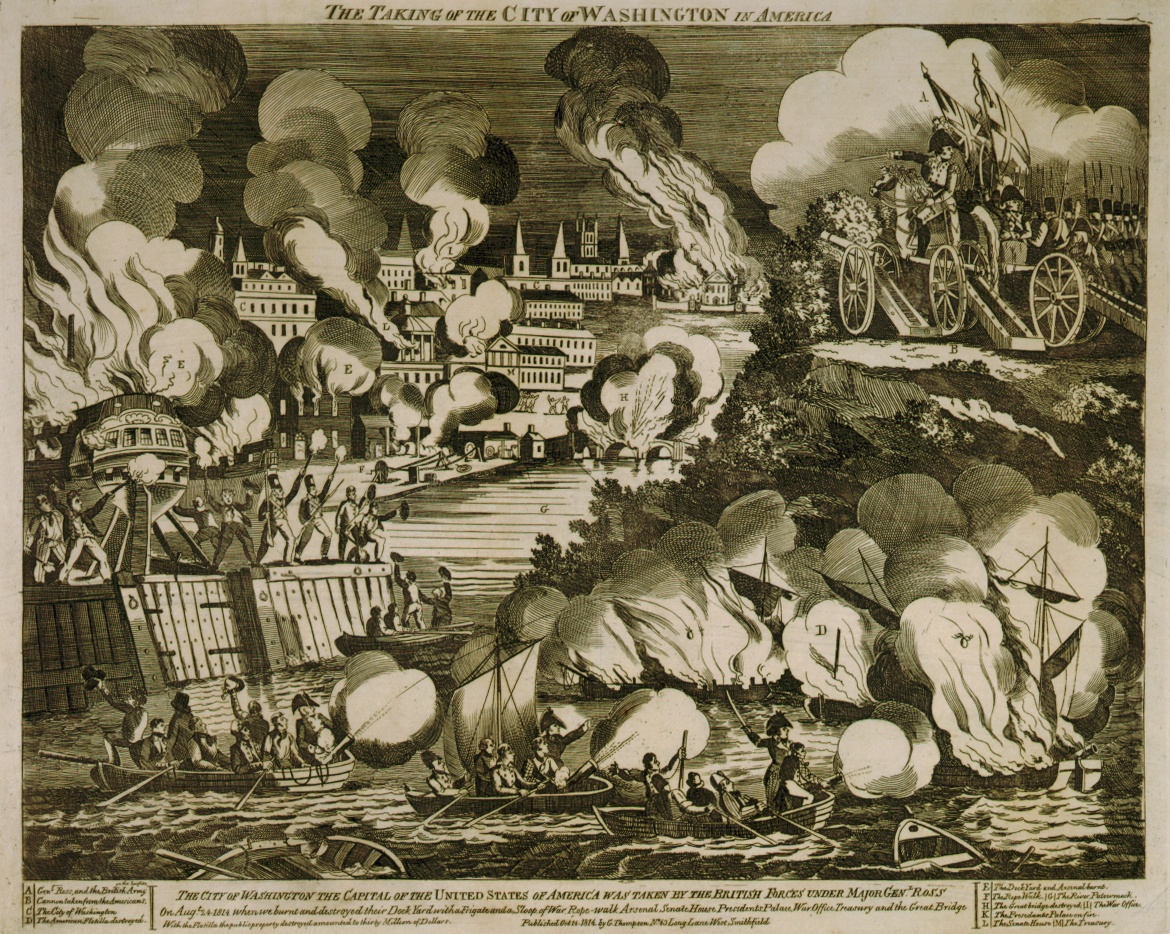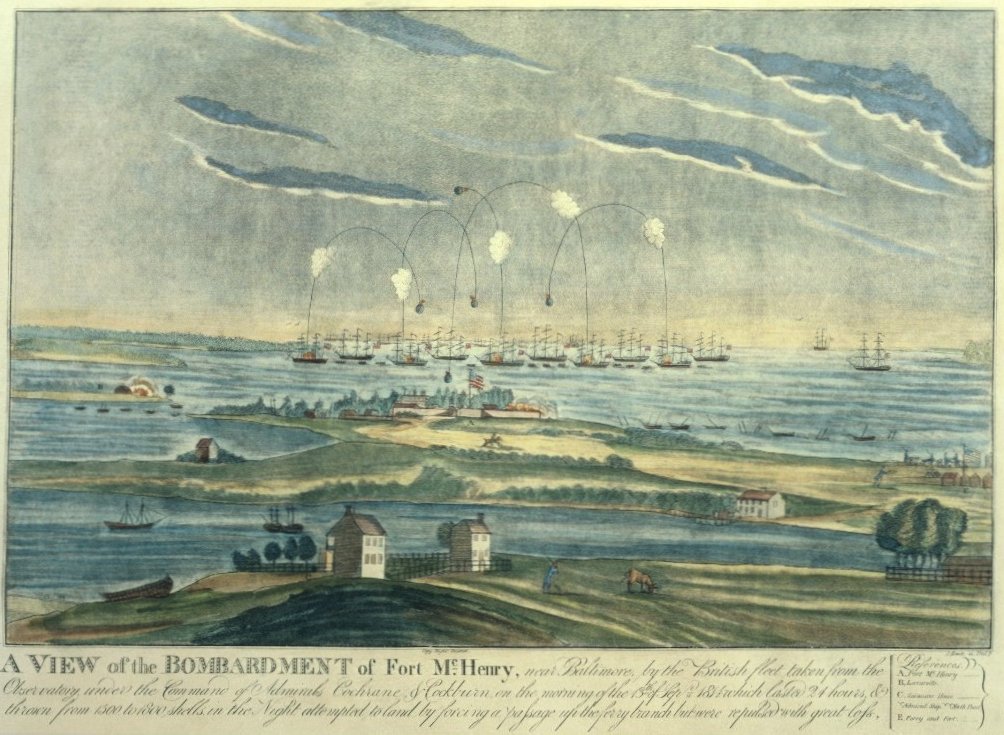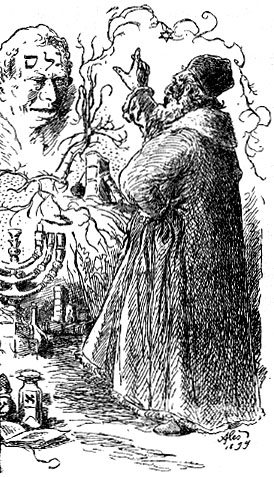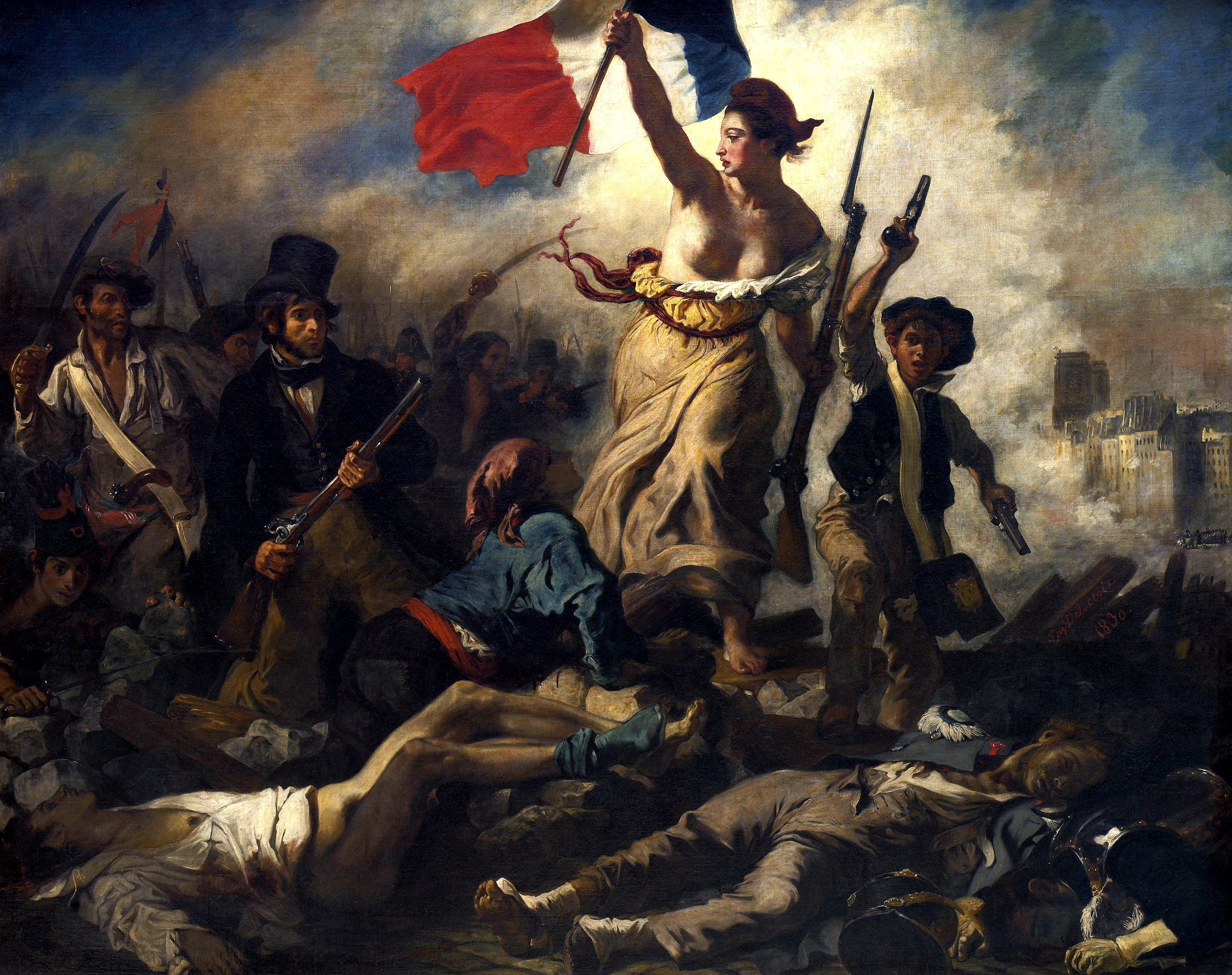For a few months now, I've been trying to get my father to come with me to the range, as part of a "last gasp" chance at us having something to bond over and talk about. My father is a retired Army officer, and has always liked guns, so I figured this would be natural point of interest for us. (I maintain that part of the reason dear old dad is disappointed in me is because he really wanted a son who would follow in his footsteps and join the military. Instead, he got me.) But every time I would suggest that we head out to the range, it would always be "Not this weekend" or "Maybe next time" or "I'm too busy". Note that "too busy" means "I would rather watch TV or take a nap than spend time with my daughter," and boy doesn't that make me feel special.
That's fine, old man. As I'm the only child living in the same state as you, I'll get to choose which nursing home you end up. Karma, as they say, is a bitch, and so am I. I'd feel bad about that, but you always taught me that anger is strength and forgiveness is for suckers, right daddy?
But I digress from my thesis. At one point, exasperated by the paternal blow-off I'd just received, I said to my mom "I'd invite you along but I doubt you'd be interested." To my surprise, she said "You know, I think I'd like that." So we made plans and last Friday, two wild women ended up at the Strickland Range in Daytona Beach, Florida.
So after arriving and getting set up, I pulled out Rev, my .22 bolt-action. Now I know that mom had shot before, years and years ago, so I decided I would give her the benefit of the doubt and not over-coach her unless I saw some bad technique or she asked for help. Once she had become familiar with it and had settled into its operation and the rhythm of the range, she shot the target pictured here. This was at 25 yards, with a scope and bipod, but.... this is the first time in 50 years that's she's shot anything.
Now, while I admit I used a graphic program to clean up this next image, I did not change anything on the target. She earned each of those shots. She had one, and only one errant shot in the lower left middle ring that I covered with a "repair paster" between rounds. This kind of target has ink printed over that chartreuse background for higher-visibility, and in order to extend the life of the target you can cover the holes for re-use. Not seen are the pasters put on the orange inner ring or black diamond bullseye, because she promptly shot them off after I applied them!
 |
| My mother, at 25 yards, with scope & bipod. |
Now to give you an idea of how small that orange inner ring is -- and to brag a little about myself as well -- I have included a target I shot at 50 yards, with a DVD overlaid on the target. That should tell you how tight both of our shot groups were!
 |
| Me, at 50 yards, same rifle. |
This is a huge improvement over the last time I shot at 50 yards. Not only am I more accurate, but my shot group is much tighter.
 |
| This particular DVD chosen because Angelina Jolie was a sniper in the movie. |
All but one of my shots fits within a DVD at 50 yards. This is zombie headshot material! Erin has achieved Level 3 in Firearms!
In short, I am improving and my mother is awesome. She's 72 years old, hasn't shot a gun in 50 years, and never used a rifle with a scope until now. I was impressed, and you should be too!


















